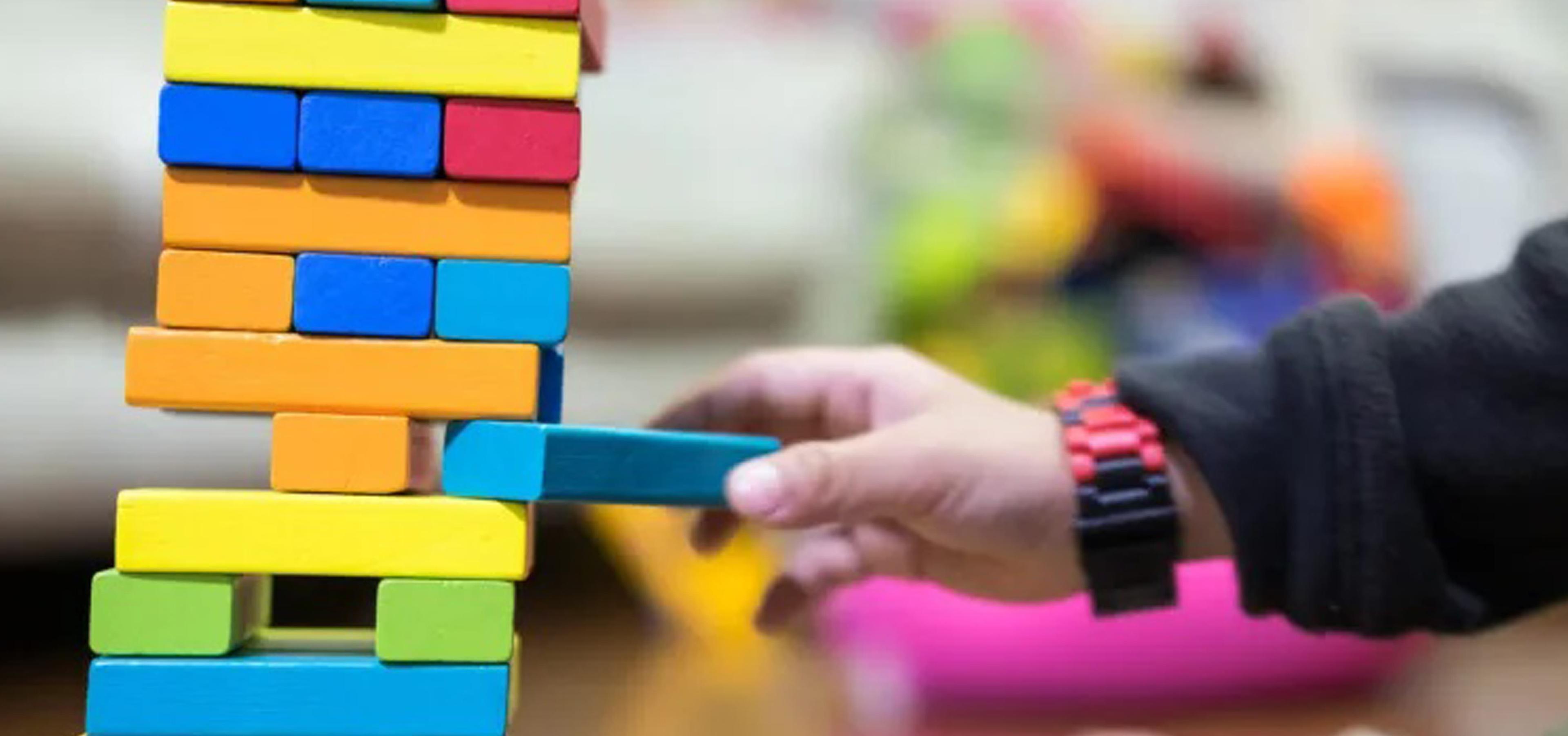As a parent, you have probably heard the phrase "children are like sponges" when it comes to learning. And there is some truth to this statement - children have an incredible capacity for absorbing information and making connections between different concepts.
The Montessori Philosophy of the Absorbent Mind
“…if we compare our ability as adults to that of the child, it would require us sixty years of hard work to achieve what a child has achieved in these first three years.” - Maria Montessori, “The Absorbent Mind”.
One of the core principles of the Montessori approach is the idea of the "absorbent mind," which refers to the way in which young children effortlessly soak up information from their environment.

According to Montessori, the absorbent mind can be divided into two distinct phases:
- unconscious absorbent mind (birth to age three) - During this phase, children absorb information from their environment without conscious effort. They are like sponges, soaking up everything around them and forming the foundation for their future learning.
- conscious absorbent mind (ages three to six) - During this phase, children begin to consciously use their experiences and knowledge to make sense of the world around them. They start to refine their understanding of concepts and develop more sophisticated reasoning and problem-solving skills.
Why Your Child's Brain is Like a Sponge
The reason why children are like sponges when it comes to learning is because their brains are wired to absorb information during the early years of life. Research has shown that the human brain undergoes rapid growth and development during the first few years of life, with the most significant changes occurring in the first 1000 days after birth.
During this time, the brain is making new connections between neurons at a remarkable pace. These connections form the foundation for all future learning and development. As children experience new things, their brains are constantly forming and strengthening connections between neurons, which helps them to make sense of the world around them.
How to Support Your Child's Absorbent Mind
As a parent, you can support your child's absorbent mind by providing them with a rich and stimulating environment that encourages exploration and discovery.
Here are some tips to help you do just that:
- Create a safe and nurturing environment - Children need to feel safe and secure in order to learn effectively. Make sure that your home is a safe and nurturing environment where your child can explore and learn without fear of harm or punishment.
- Offer a variety of experiences - Children learn best when they are exposed to a wide range of experiences. Offer your child opportunities to explore different textures, colours, and shapes through sensory play, take them on nature walks, and encourage them to try new things.
- Allow for independent exploration - Children learn best when they are allowed to explore and discover things on their own. Provide your child with open-ended toys and materials that allow for creative exploration, and give them plenty of time to play and experiment on their own.
- Encourage curiosity and questioning - Children are naturally curious, and it is important to encourage and foster this curiosity by answering their questions and providing them with opportunities to explore their interests.
In summary, children have a remarkable capacity for absorbing information from their environment, and this is due in large part to the way in which their brains are wired to make new connections between neurons during the early years of life. The child doesn't merely absorb these impressions with their mind, but rather with their entire being and lived experiences.

